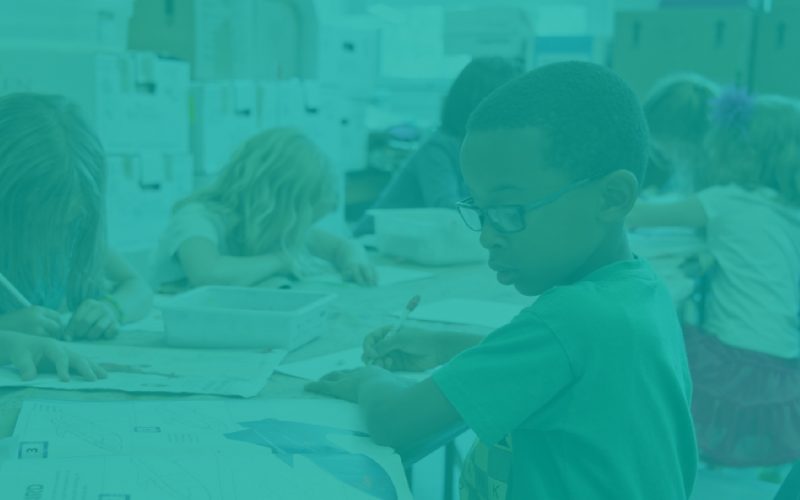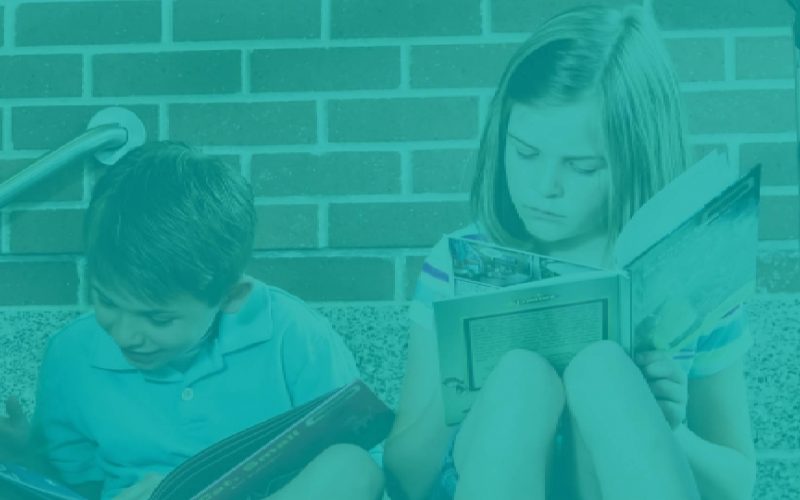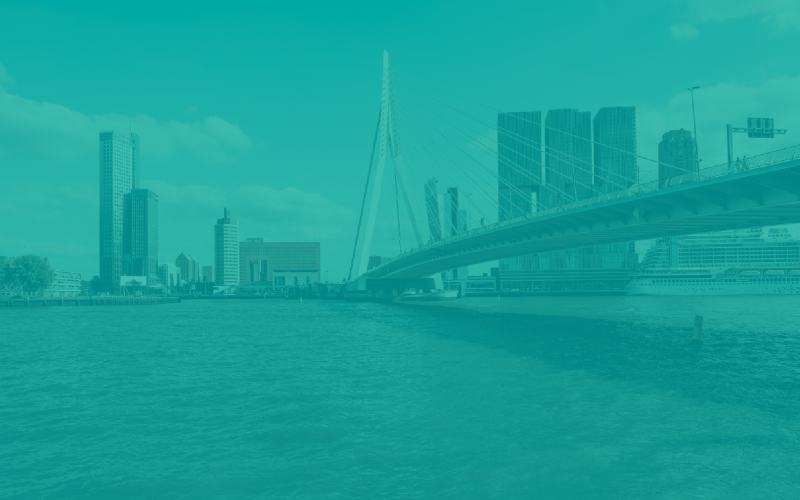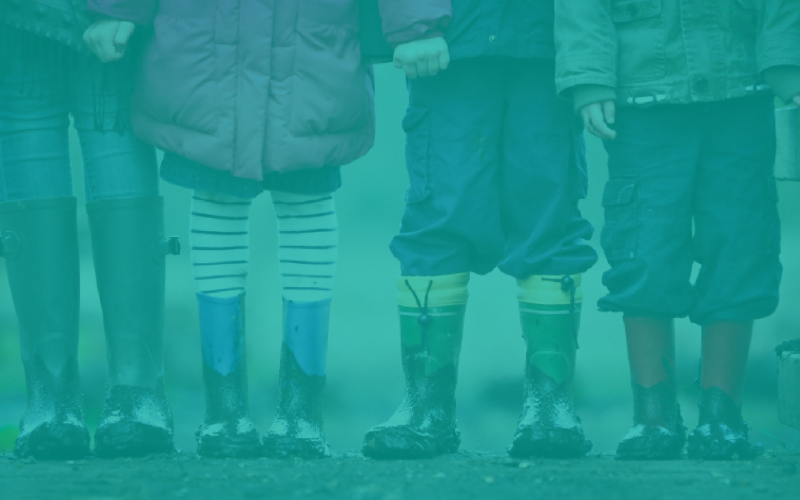Wat zegt de wetenschap eigenlijk over online leren? Tjipcast 103 met Peter Loonen
Sinds maart van vorig jaar is het online leren exponentieel gestegen. Jongeren volgen vanwege de Corona crisis al lange tijd online onderwijs. Dat geldt voor het basis, middelbaar en hoger onderwijs. Een enorme operatie voor docenten en leerkrachten. Hoog tijd om de balans te maken en te bespreken welke aanknopingspunten de wetenschap biedt voor het krachtig organiseren en aanbieden van online onderwijs. Peter Loonen gaf hier twee weken geleden een interessant webinar over en ik besloot hem te interviewen. Hij maakte er een kleine studie van en die bespreken we in dit gesprek. Zo komen diverse onderwerpen aan bod: de lesvoorbereiding, opbouw en ontwerp, de rol van instructie, de hogere frequentie in variatie van werkvorm en welke valkuilen je kunt voorkomen. Een podcast die uitermate toepasbaar is in deze tijd waarin de lockdown helaas nog wel even gaat duren. Veel luisterplezier!
Je kunt dit gesprek ook bekijken op het Tjipcast YouTube kanaal:

 bekijk op YouTube
bekijk op YouTube